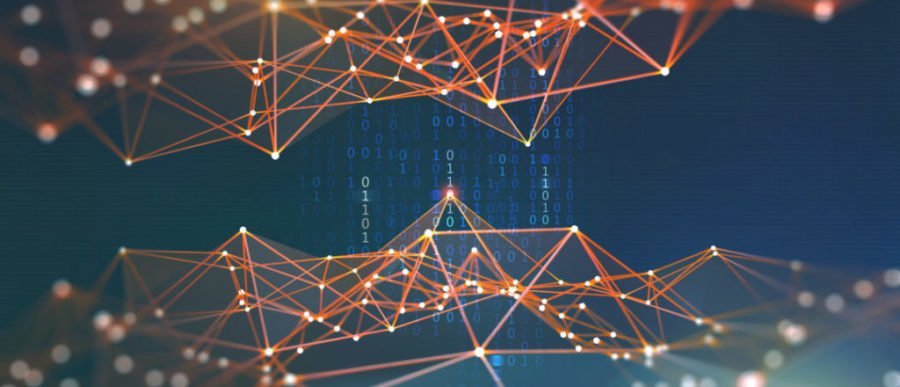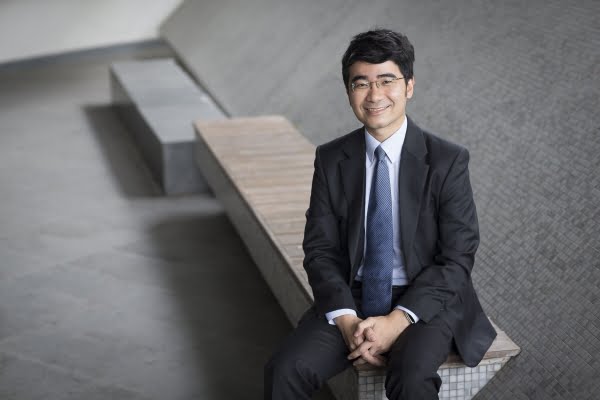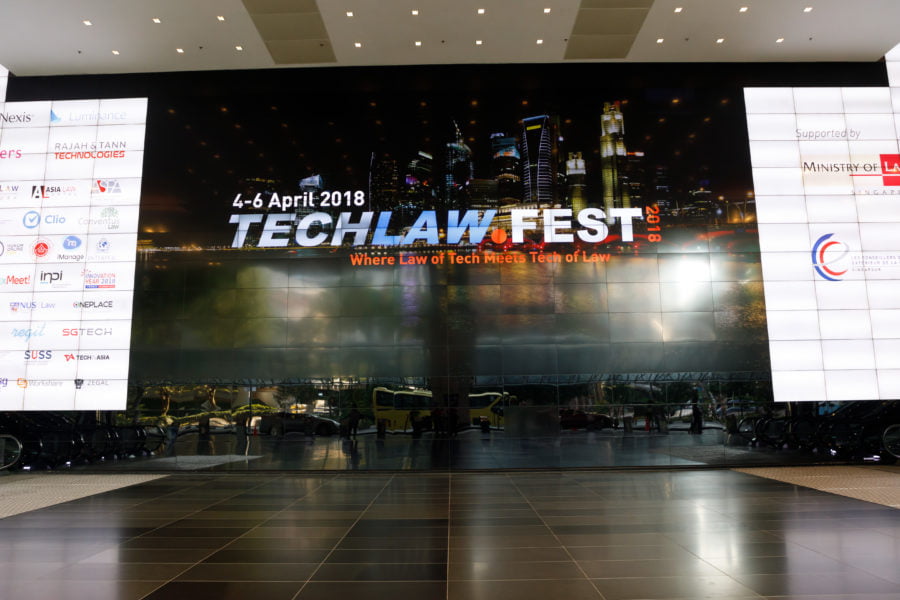Reading time: 2 minutesWhat is technology? What can it be? What can we shape it to be?
While we aren’t entirely sure – yet – of what technology is and what it can be, what we know about technology is that it is a force. It knows no boundaries. We also know that it is ever-changing: the dreams of yesterday become the technologies of today, while the technologies of today become the antiques of tomorrow.
Let’s face it too – we all know lawyers secretly can’t get enough of technology.
In this spirit, Resolve Disputes Online (RDO) and LawTech.Asia are proud to announce a special collaboration to answer these questions and share our vision – our vision in which technology can revolutionise the practice of law, and where the law can regulate new technologies for the betterment of society. We also look forward to uncovering for our readers, and ourselves, a little more about what technology is, and its impact on the legal industry.
For both our readers, this means that RDO and LawTech.Asia will be co-writing and co-publishing articles relating to law and technology. Some of the possible topics we intend to explore include:
- Online Dispute Resolution (ODR)
- Access to Justice
- The role of Blockchain in law
- AI and the courts
- Justice on the go
We can’t wait to get started.
This collaboration had its roots in Singapore (over coffee and kaya toast). As much as RDO is a legal tech company focusing on online dispute resolution – an area LawTech.Asia also covers, we realised that both our teams embraced the philosophy that technology can impact all parts of the legal industry. Advancements in one area of legal technology could easily generate lessons applicable to dispute resolution and ODR. After all, some say ODR is simply the adoption of technology in dispute resolution.
Through our contributions, we hope to foster and create a spirit of togetherness amongst societies, and to leave an indelible impact in the quest to provide a sneak peek into access to justice through ODR.
Look out for us.
—
This collaboration is proudly spearheaded by Ms Maryam Salehijam, Head of Content and Blogs, RDO, Mr Aditya Shivkumar, Co-founder, RDO, and Mr Josh Lee and Ms Jennifer Lim, Writers and Editors of LawTech.Asia.






